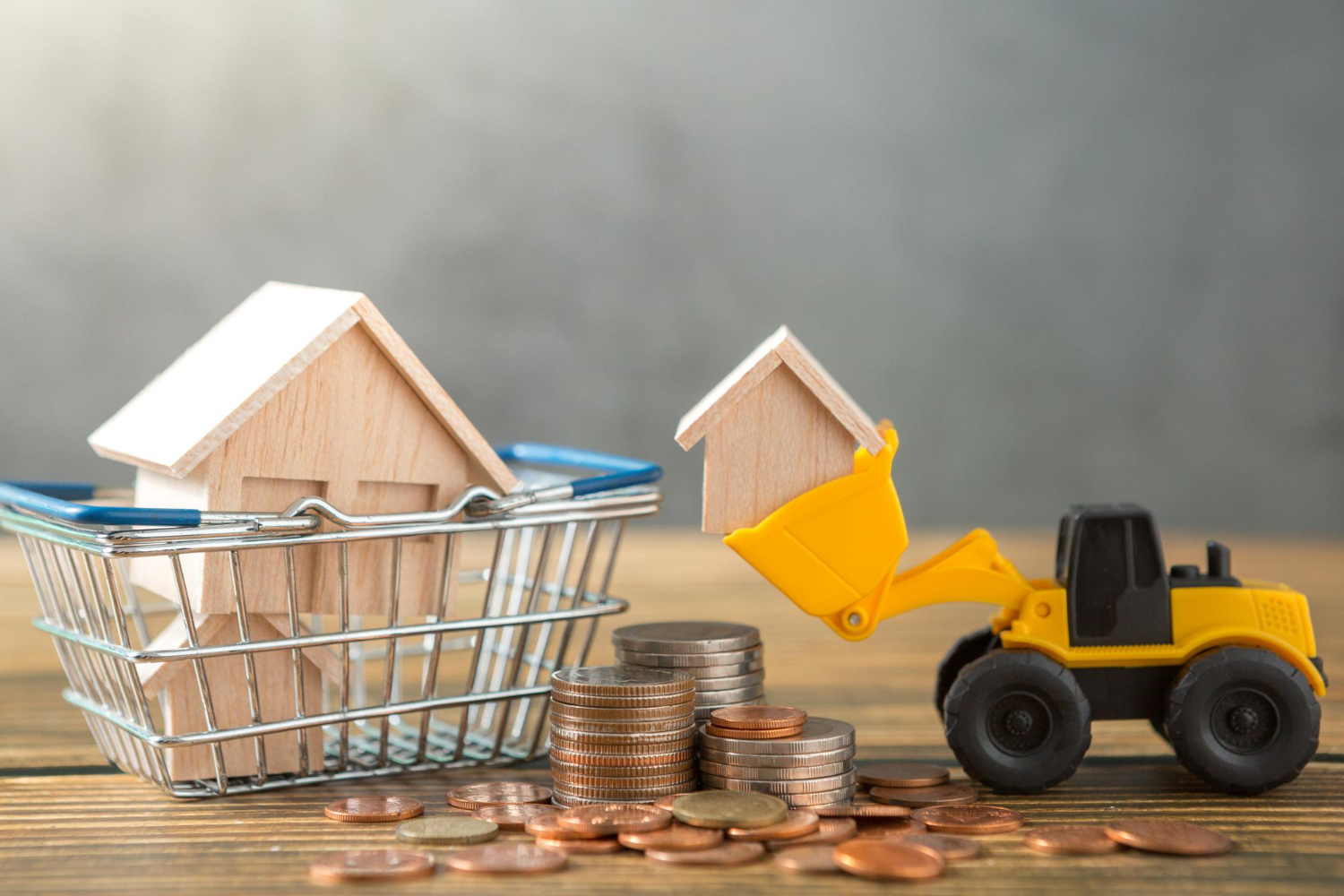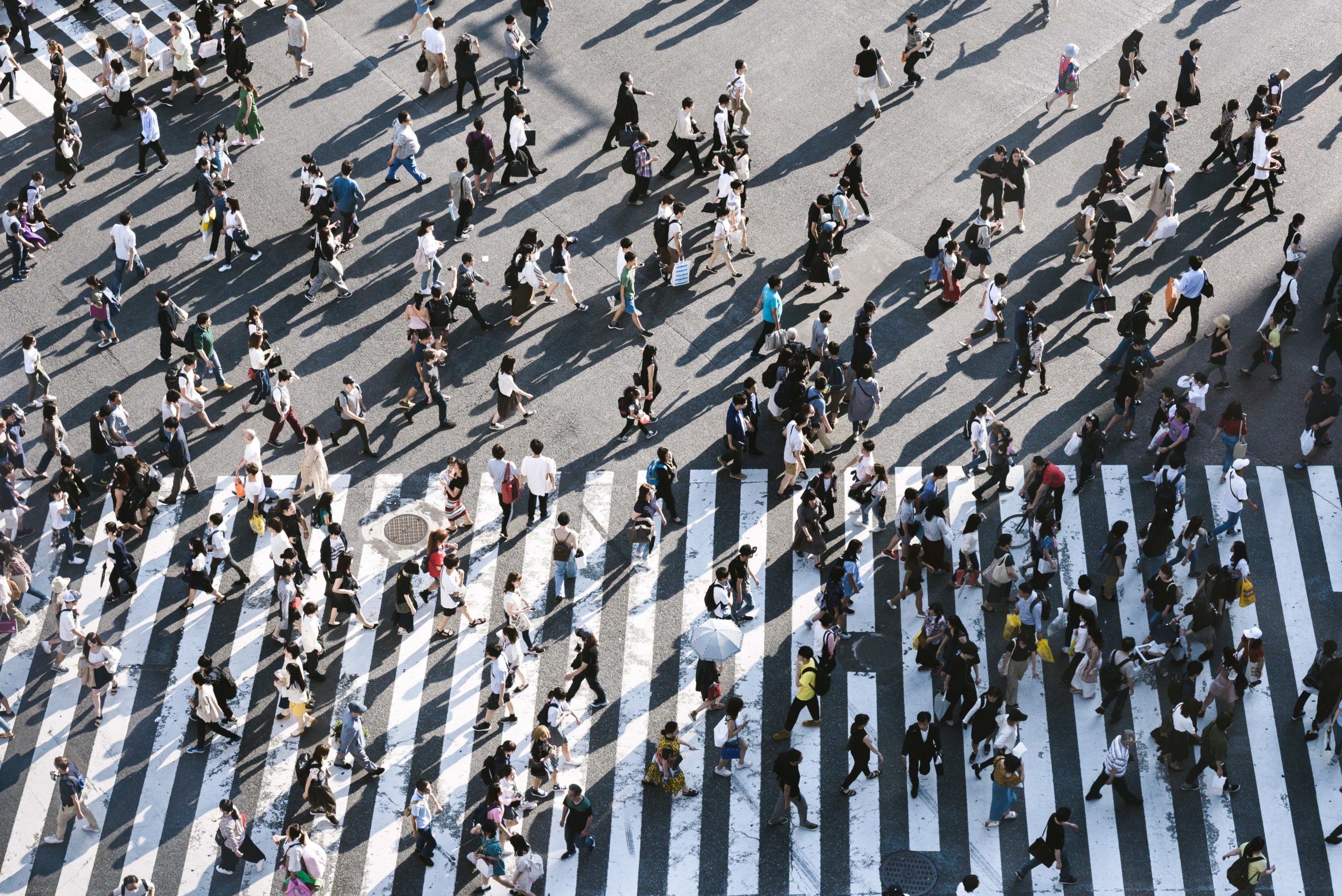When are you moving?
Connect all your utilities in just 8 minutes
Get connectedFrom its scenic landscapes to its unique wildlife, and incredible culture, Australia is a beautiful part of the world to call home. However, it’s not always the easiest place to settle down, with some expenses arising that’ll be sure to make your jaw drop.
All countries will, of course, differentiate the cost of living between certain areas of the land, Australian cities being no exception. Therefore, it’s unlikely you will be spending as much money out in the suburbs as your friends in the CBD in their home of five.
With that being said, the area you are living in doesn’t paint the whole picture, so let’s show off the whole canvas as we’ll delve into the primary household expenses, ranging from rent, utility costs, and groceries to travelling, entertainment, and more.
Is Australia really that expensive?
Australia boasts a high standard of living, and thus that quality of life comes at a cost. While they’re not on the level of Hong Kong or Zurich, they’re not necessarily cheap.
According to the Mercer 2022 Cost of Living Rankings, Sydney (58th), Melbourne (67th), Brisbane (84th) & Perth (97th) feature on the top 100 list, making these cities the most expensive in the country.
The other states’ centre points aren’t much further off either, with Adelaide (102nd) & Canberra (104th) trailing their coattails. The rest of the rankings can be found here.
While the main capital cities saw a decline in 2020 due to the circumstances of COVID-19, they are still prevalent in the cost-of-living world rankings and rising as of 2022, showcasing how expensive the continent can be.
Costs of Housing/Rent
The real crux of your living expenses will be found in housing costs, which in turn influences your budgeting for other expenses.
To sum up, the average cost of rent in Australia is roughly $580 per week, according to this article from Mozo late last year.
| Capital City | Dec-22 | June-23 | % Change |
|---|---|---|---|
| Sydney | $630 | $700 | +11% |
| Canberra | $670 | $675 | +0.7% |
| Darwin | $600 | $650 | +8.3% |
| Brisbane | $530 | $580 | +9.4% |
| Perth | $480 | $580 | +20.8% |
| Adelaide | $480 | $540 | +12.5% |
| Hobart | $540 | $530 | -1.8% |
| Melbourne | $460 | $520 | +13% |
| National Average | $520 | $580 | +11.5% |
As seen in the graph above, Sydney boasts the highest weekly rental price in Australia, followed closely by Canberra and Darwin. The least expensive city in terms of rent is Melbourne followed by Hobart and, Adelaide, the former which has seen a hit in price since the COVID-19 pandemic which saw the CBD closed for most of 2020-21.
Another change that was caused by the pandemic has been the price difference between the CBD and suburban areas. Typically, the CBD always came with a bigger price tag. Still, in Melbourne, the rent price has decreased in the city, and the amount of money needed to be increased in suburban and rural areas, with Melburnians looking to settle away from the business district.
This change is not only prevalent in Melbourne, as Sydney is loosely following the trend, with little signs of the shift changing anytime soon. Therefore, it’s worth keeping an eye on the housing market, as you might be able to find a price tag suiting your budget, giving more leeway to other expenses when applying for a new home.
Utilities
Much like rent, your cost for utilities will depend on your providers, and the number of people in the household and it will depend on what facilities are needed.
For the sake of this summary though, the utilities that we’ll focus on are the basics, consisting of electricity and gas, water, and home internet.
Electricity is the most expensive utility, averaging approximately $78 per month on electricity for a single-person household according to Canstar Blue. The average bumps up to $95 for two people, then $126 for a four-person household.
Gas is a bit less expensive depending on household size, with Canstar Blue assessing a $60 per month cost on gas.
Internet is rather simple in Australia, thanks to the implementation of the National Broadband Network (NBN) which nets a similar price at a $75 per month average for most households.
Water across Australia levels out to $90 per month over the average Australian household. Single-person households fetch an average cost of $75 per month, while two-person households cost $90 on average, which is then bumped up to $110 per month for households with 4 people.
More Average Utility Bills
For more information about utility bill costs, check out our articles below!
Additional Expenses
Sorting out a budget to live in Australia doesn’t just consist of rent and utility costs. Additional expenses arise in the form of weekly groceries and travel as a whole.
Travel mostly depends on your mode of transport. Driving is, of course, the most popular way to travel but also the most expensive.
During the height of the pandemic, costs of petrol soared for Australians, costing individuals roughly $305 a month according to Budget Direct. This amount may differ over time with the economy still recovering from the virus.
If driving is not an option, public transport is still available for many, but it’s not exactly a cheap option either. On average, Australians who regularly use public transport spend around $105 per month, with major cities like Sydney and Melbourne reaching as high as $151 on average.
Grocery bills are thankfully pretty similar across Australia and are mostly dependent on household size and how much you’re willing to spend, as well as how often you’ll be eating out.
A single-person household roughly spends around $433 per month on groceries, with the price averaging $612 for a two-person household. Four-person households in turn average roughly $897 per month.
Cost of Living Calculator
To sum things up, you’ll need to calculate all related aspects that have been mentioned above depending on the household size.
| Expense | Single-person household | Two-person household | Four-person household |
|---|---|---|---|
| Electricity | $78 | $95 | $126 |
| Gas | $60 | $60 | $60 |
| Water | $75 | $90 | $110 |
| Internet | $75 | $75 | $75 |
| Groceries | $433 | $612 | $897 |
| Total Monthly Cost (excluding travel) | $721 | $932 | $1268 |
Once we include the cost of rent specific to states, in addition to the average cost of the expenses mentioned above, the cost for monthly expenses starts to look like this:
| Capital City | Single-Person Household | Two-person household | Four-person household |
|---|---|---|---|
| Sydney | $1,421 | $1,632 | $1,968 |
| Canberra | $1,396 | $1,607 | $1,943 |
| Darwin | $1,371 | $1,582 | $1,918 |
| Brisbane | $1,301 | $1,512 | $1,848 |
| Perth | $1,301 | $1,512 | $1,848 |
| Adelaide | $1,261 | $1,472 | $1,808 |
| Hobart | $1,251 | $1,462 | $1,798 |
| Melbourne | $1,241 | $1,452 | $1,788 |
| Average Cost | $1,317 | $1,528 | $1,865 |
For more information about Renting, check out our blog section here. If you need help with utility connection, give us a call at 1300 854 478 or use the Get Connected form here! If you’re unsure about using a utility connection company, hopefully, this post here can assist you.





I have come on your site via google and I found lot of good information from your page, Thanks